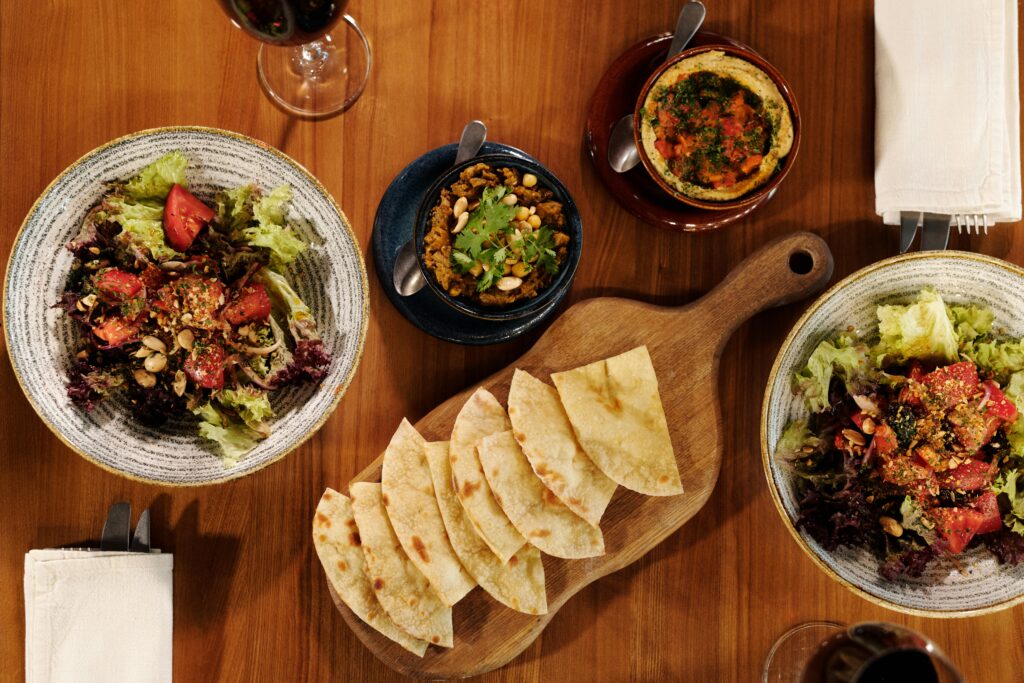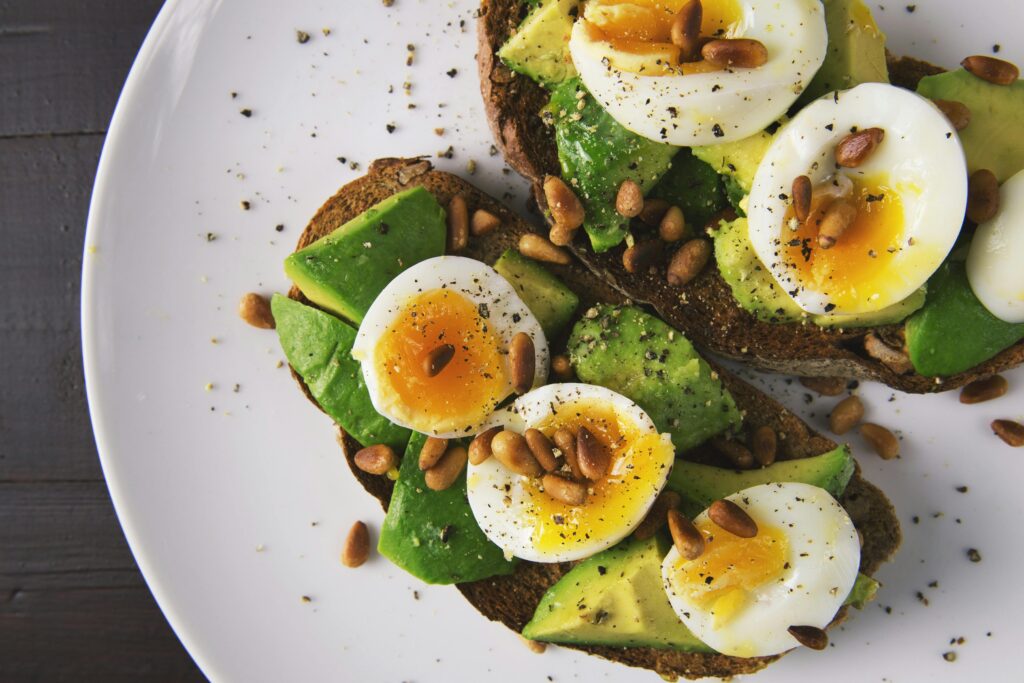Vegetarianism offers a delightful balance between tradition and wellness, allowing for nutrient-packed meals that support a healthy lifestyle without giving up cheese, eggs, or the occasional latte. Eating well has never been tastier with so many plant-based and dairy options. A healthy vegetarian diet includes a variety of vegetables, fruits, legumes, dairy products, eggs, whole grains, nuts, and seeds.

Eggs and dairy provide high-quality protein, vitamin B12, calcium, and omega-3s, while legumes like lentils and chickpeas offer iron and zinc. Leafy greens such as kale and spinach bring in folate and magnesium, and berries, sweet potatoes, and bell peppers give antioxidant boosts that benefit the immune system and skin—whole grains like barley and farro support digestion and energy levels.

Numerous studies have shown that vegetarians often have lower body mass indexes, cholesterol levels, and blood pressure, with decreased risks of cardiovascular disease and metabolic syndrome. A fibre-rich diet from whole plant foods keeps your gut happy and supports stable moods. The natural abundance of B vitamins, magnesium, and healthy fats from nuts and seeds also contributes to improved cognitive function and reduced stress.

Supplements may still play a role for some vegetarians, particularly when it comes to vitamin B12, iron, or omega-3s, depending on how often dairy or eggs are consumed. When life gets hectic and meals get repetitive, supplements can step in to maintain balance. If you have any concerns regarding your health and diet, consult your medical practitioner.

In the end, a vegetarian diet isn’t just about cutting out meat—it’s about inviting in colour, variety, and creativity. From vibrant Buddha bowls bursting with antioxidants to hearty lentil stews rich in plant-based protein, every meal becomes an opportunity to explore global flavours and nourish your body. Studies show that well-planned vegetarian diets can reduce the risk of chronic illnesses, improve energy levels, and even boost mood thanks to nutrient-dense foods like leafy greens, nuts, berries, and whole grains. It’s not just a diet—it’s a delicious, energising adventure on a plate. Eating the rainbow has never been so satisfying, or so fun!
Love Life x
References:
- Craig, W. J. (2009). Health effects of vegan and vegetarian diets. American Journal of Clinical Nutrition.
- Dinu, M., Abbate, R., Gensini, G. F., Casini, A., & Sofi, F. (2017). Vegetarian, vegan diets and multiple health outcomes: A systematic review with meta-analysis. Critical Reviews in Food Science and Nutrition.
- Li, D. (2014). Effect of the vegetarian diet on non-communicable diseases. Journal of the Science of Food and Agriculture.
- Appleton, K. M., & Rogers, P. J. (2004). Meat consumption and mood. Appetite.
- Jacka, F. N., et al. (2010). Association of Western and traditional diets with depression and anxiety in women. American Journal of Psychiatry.
- National Health Service (NHS UK). (2024). Vitamin and mineral supplements: when they are necessary.
- British Dietetic Association (BDA). (2023). Eating well: Vegan, Vegetarian, and Flexitarian guidance.

